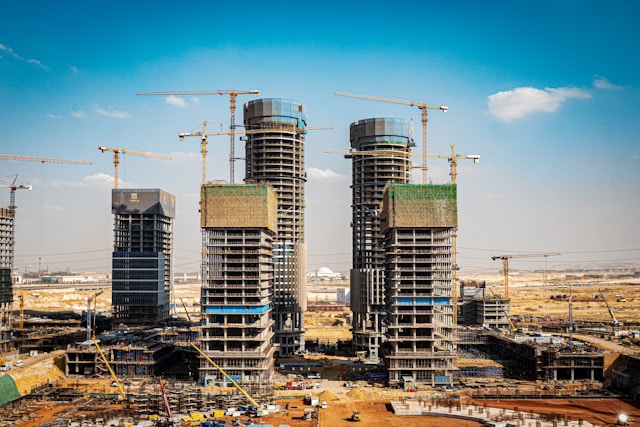A recent study by the University of Southern California (USC) has uncovered a concerning link between exposure to extreme heat and accelerated biological aging in older adults. Conducted at the USC Leonard Davis School of Gerontology, the research suggests that prolonged exposure to high temperatures may speed up aging at a molecular level, raising significant concerns about the long-term health effects of climate change.
Cellular Stress and Accelerated Aging
The study’s findings indicate that extreme heat doesn’t just cause discomfort—it triggers a cascade of cellular stress responses that mimic accelerated aging. Researchers observed molecular changes suggesting a faster biological aging clock. In other words, the body’s reaction to intense heat induces stress at a cellular level, potentially leading to damage commonly associated with aging. This isn’t just about feeling hotter; it may be about aging faster.
Vulnerability and the Need for Action
The study highlights the heightened vulnerability of older adults to heat-related health risks, particularly as global temperatures rise and heat waves become more frequent. As climate change intensifies, understanding the intricate relationship between heat exposure and biological aging is crucial for developing effective strategies to protect at-risk populations.
To address these risks, the research underscores the urgency of implementing proactive public health measures, especially for seniors. Additionally, further studies are needed to fully grasp the long-term effects of heat on aging and to raise public awareness about the dangers involved. Prioritizing the needs of older adults in climate adaptation strategies is now more critical than ever, as rising temperatures extend beyond environmental concerns to directly impact human health and the aging process.







